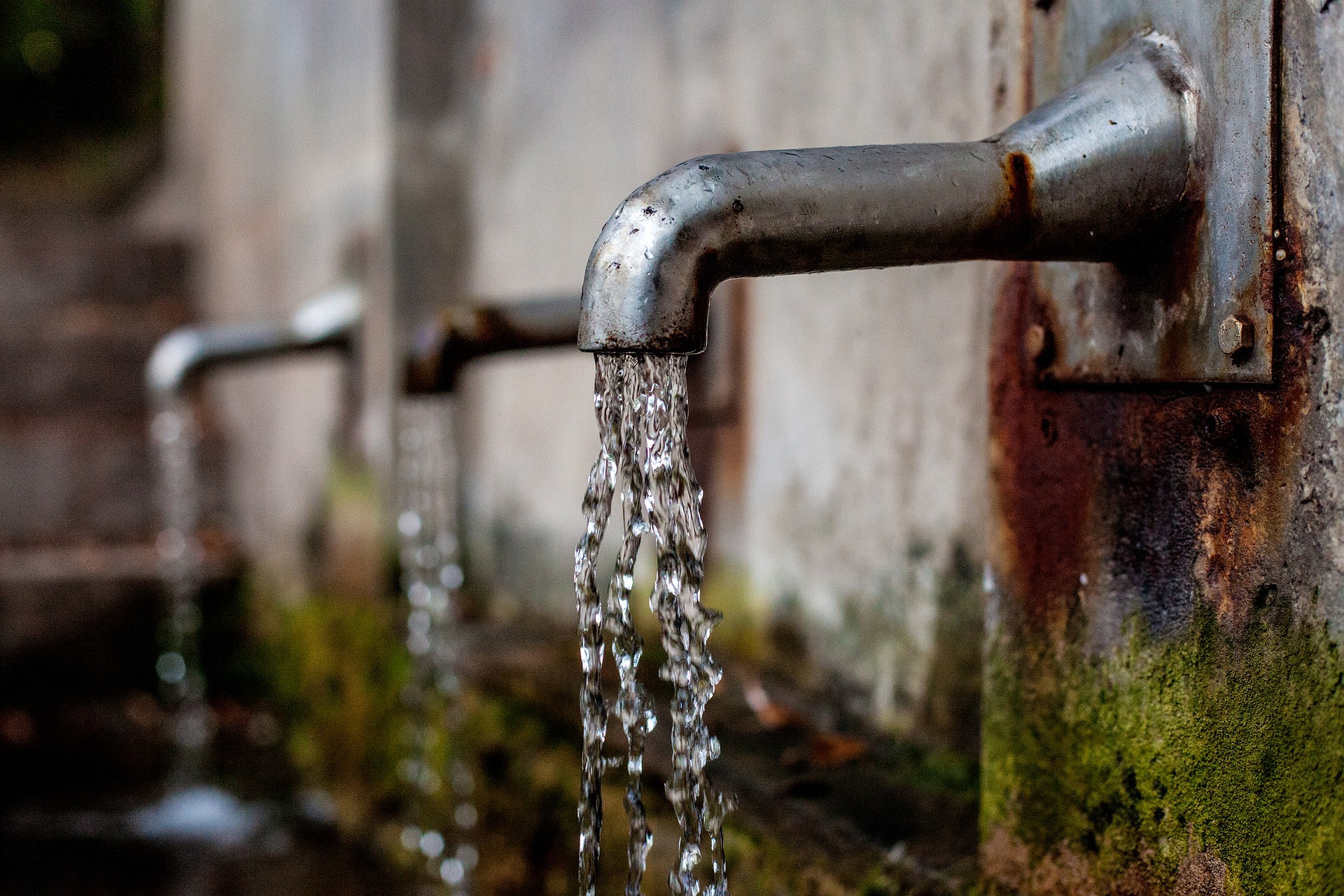
The Environmental Working Group (EWG) published a study which revealed that carcinogenic products in tap water may increase cancer risk for US residents.
Published in the journal Heliyon, the peer-reviewed study discovered that 22 carcinogens commonly found in tap water could cumulatively result in more than 100,000 cancer cases in a lifetime. These carcinogens include arsenic, byproducts of water disinfectants and radionuclides, such as uranium and radium.
The EWG researchers noted that while most tap water meets legal standards set by the federal government, the contaminates present in tap water could result in a measurable risk for cancer. Olga Naidenko, the vice president for science investigations at EWG, said "The vast majority of community water systems meet legal standards. Yet the latest research shows that contaminants present in the water at those concentrations — perfectly legal — can still harm human health."
The Park Foundation-funded study found the said contaminants in 48,363 community water systems in the US, which covers about 86% of the country's population. EWG estimates show that for every 10,000 people, four will develop cancer over the span of a lifetime due to the contaminants.
Sydney Evans, the lead author of the study, pointed out that "Drinking water contains complex mixtures of contaminants, yet government agencies currently assess the health hazards of tap water pollutants one by one. In the real world, people are exposed to combinations of chemicals, so it is important that we start to assess health impacts by looking at the combined effects of multiple pollutants."
According to the World Health Organization (WHO), long-term exposure to arsenic can cause skin cancer, as well as cancer of the bladder and the lungs, while the National Institutes of Health (NIH) and the Environmental Protection Agency (EPA) classify byproducts of disinfectants as known and possible human carcinogens that can cause liver and bladder cancer.






